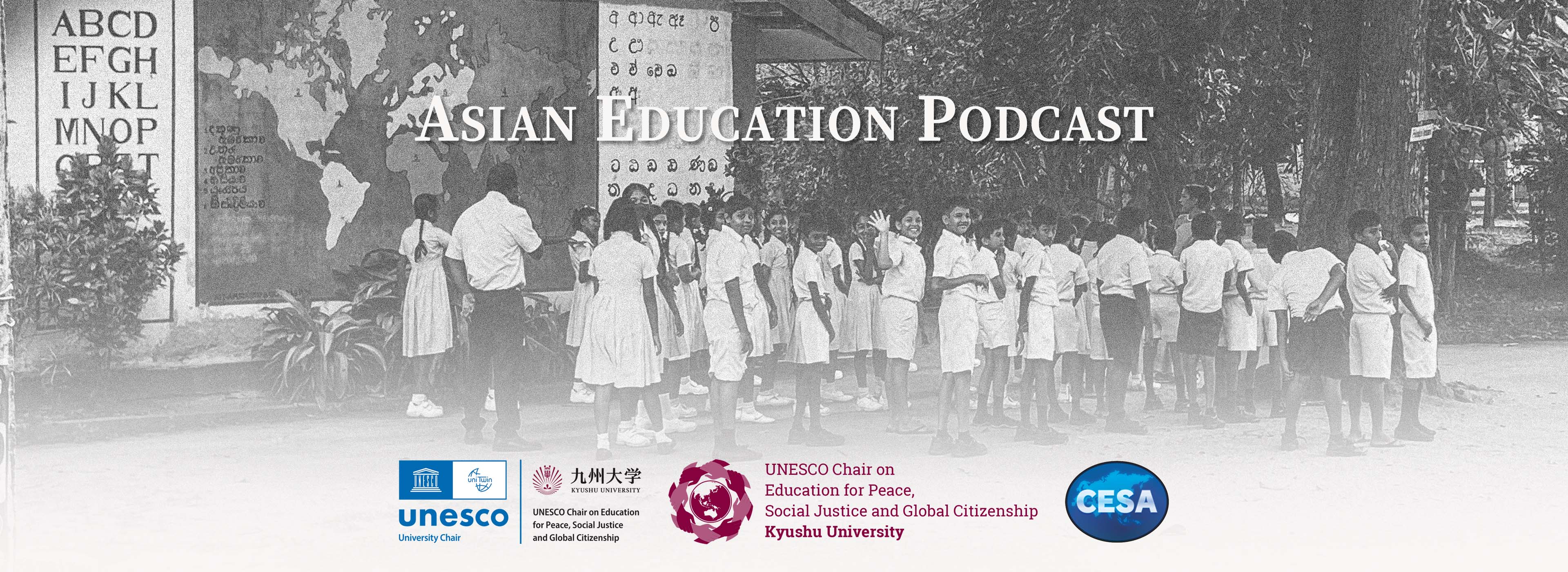
In March 2023, Edward Vickers recorded an interview with Professor Krishna Kumar (Episode 7) in which they discussed the reform of the curricula and textbooks produced by India’s National Council for Educational Research and Training (NCERT) during Prof. Kumar’s term as Director between 2005 and 2010. To the surprise of many - including Prof. Kumar - the NCERT curricula and related teaching materials produced then had remained substantially unaltered down to the present day (2023). The BJP regime that took power at the centre in 2014 had so far refrained from seeking to impose a major curricular revision.
However, this situation changed in April 2023, when significant cuts to NCERT textbooks were announced. The changes included: Removing references to Darwin’s theory of evolution from textbooks used by students in the compulsory phase of schooling (at Grade 10 level); Removing from history textbooks references to the Mughals (Muslim rulers of much of India from the 16th to the 19th centuries) and to other Muslim regimes and historical figures; Altering the account of the life and ideas of M.K. Gandhi (‘Mahatma Gandhi’) in political science textbooks so as to delete mention of Gandhi’s opposition to Hindu-supremacist visions of India, and obscure the identity of his murderer (Nathuram Godse, a Hindu extremist with links to the RSS organisation, today closely affiliated with the ruling BJP); Removal from Social and Political Life textbooks of portions dealing with problems such as social inequality or caste (and similar deletions from senior-level Sociology texts); Removal from Geography textbooks of sections discussing aspects of the climate in India and elsewhere.
In this follow-up (recorded in May 2023) to his earlier interview, Prof. Kumar talks to Edward about what these cuts signify. Why were they introduced now, in 2023? How have they been justified? How much impact are they likely to have on actual teaching and learning (given that the majority of India’s schools do not use NCERT texts)? Or does the significance of these changes lie more in their political symbolism - as a signal or rallying call to the central government’s Hindu nationalist supporters? And what do these cuts to textbooks portend for NCERT’s planned new National Curriculum Framework, to be issued in 2024?
Prof. Kumar explains how the recent cuts to textbooks have been justified as a means of ‘rationalising’ the curriculum or reducing the ‘burden’ on learners, invoking arguments that have long been used by advocates of curricular reform. However, he emphasises that simply removing sections from textbooks, in so far as it undermines the coherence of the course of study, is likely to cause greater confusion and difficulty for students.
The recent changes can be seen as part of a drive to reinforce the more traditional, top-down, didactic form of pedagogy that NCERT’s 2005 Curriculum Framework had sought to challenge and dislodge. And this didacticism is related to a political vision that emphasises discipline and control. In political terms, the 2005 Framework was intended in part to signal India’s status as a plural, diverse, democratic society. By contrast, these new changes seek to assert pride in a monolithically Hindu vision of Indian civilisation, represented as pure, unique and unsullied by ‘foreign’ elements. The likelihood is that this vision will be further elaborated in NCERT’s 2024 National Curriculum Framework.
Speculating about the likely impact of these curricular changes, Prof. Kumar wonders how many of India’s states are likely to adopt the latest NCERT textbooks or its forthcoming National Curriculum Framework. He suggests that this new injection of ideology into debate over India’s state school curriculum may accelerate the trend for wealthier Indians to opt out of the state system entirely, and instead send their children to private, international schools that follow a curriculum detached from the local context. This may in turn exacerbate a fracturing of Indian society, with indoctrination prescribed for the masses, while elites secure a liberal education for their own children.
At the same time, Prof. Kumar warns that we should not overestimate the capacity of education on its own to achieve politicians’ ideological goals. The school curriculum will remain a site of contestation, and crude attempts at curricular control may rebound on the regime. Forces in India’s states and at various levels of society that have maintained the country’s diversity will not simply ‘die’ or disappear, and ideologically-driven attempts to suppress diversity may provoke more intense forms of resistance that could ultimately undermine the authority of the ideologues.
Suggested readings:
Srishti Jaswal (2023). ‘Mughals, RSS, evolution: Outrage as India edits school textbooks’. Al Jazeera. www.aljazeera.com (April 14).
Krishna Kumar (ed.) (2022). The Routledge Handbook of Education in India. New Delhi: Routledge (second edition).
Krishna Kumar (2023). ‘Planned Incoherence’, Economic and Political Weekly, May 6 (Vol. LVIII, No. 18), page 8.
